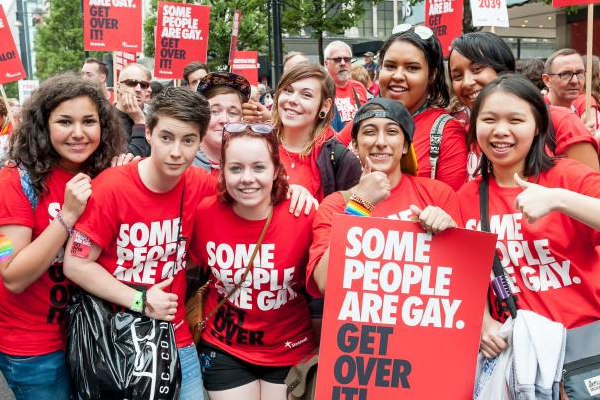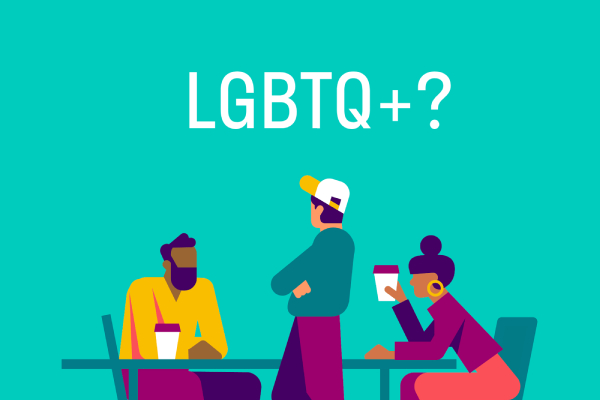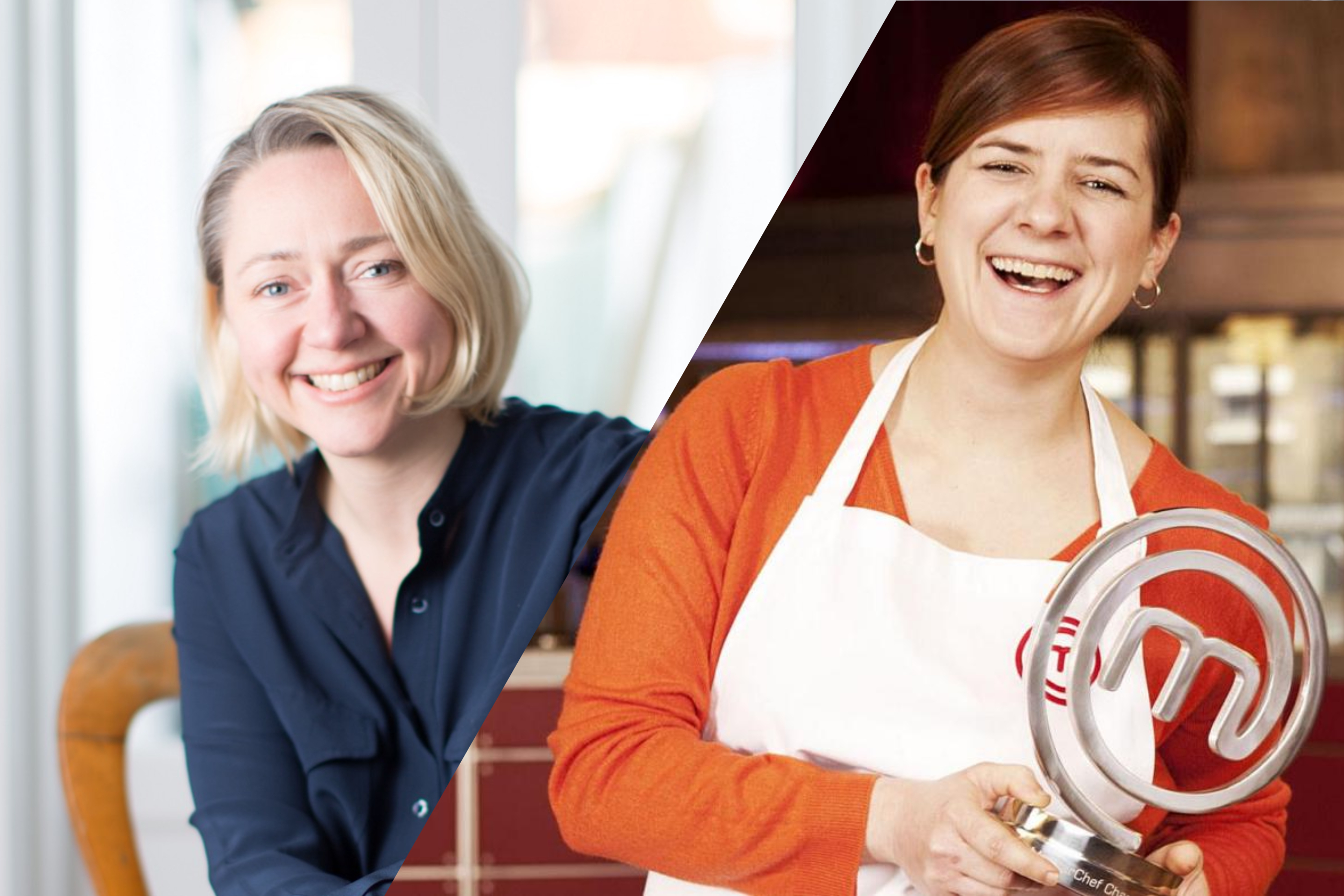Allyship (being an ally) is a conscious-effort to support someone in a less privileged position than you.
Allies use their voices and energy to support or defend other people. Legislation aside, it’s one of the most powerful tools we have to create change, and a fairer world.
School for Allies is us, an LGBTQ+ community at Deliveroo using our energy to help you on your journey.
Allyship isn’t conditional and it isn’t limited to being an LGBTQ+ ally.
Whether you’re dealing with a friend, colleague, family member or even your boss, allyship means having the LGBTQ+ community's back (even if we aren’t in the room).
So, you want to be an ally?
Below we’ll unpack a few different ways you can. To get you started, School for Allies has helpful information provided by Deliveroo’s LGBTQ+ community.
There are lots of opportunities to learn, so keep your eyes and ears peeled.
If someone you know in the community shares their story, or some information with you, great! As an ally it’s good to avoid requesting this, placing the burden of education on the community.
Three ways you can be an ally
1. Emotional support and listening
Little things matter. ‘Being there’ with an awareness how an LGBTQ+ person, even a stranger might feel - good or bad - is allyship.
Many people reading this are likely to be ‘straight’ (or heterosexual) and ‘cis’ (identifying as the gender they were born as, cisgender).
Straight, cis people are less likely to experience discrimination on the basis of their sexuality or gender.
If you're straight, cis, and have experienced discrimination, think about a time when this was because you didn’t meet expectations about your gender or your ‘straightness’.
Two questions you can ask as an ally: ‘did that person offend or upset you?’, ‘did I offend or upset you?’
The context and timing of these questions is up to you. Try to ask without putting that person on the spot, in front of other people or in a group chat.
2. Self-education
In preparation to write this article I asked lots of my allies what being an ally meant to them. Lots of the responses included ‘self-educating’. So what does it mean?
A piece of legislation referred to as Section 28 means people who grew up in the UK between 1988 and 2000, LGBTQ+ or not, missed opportunities for self-education and education. Lots of our community’s history wasn’t taught in schools even before then.
Start your education now by browsing the School for Allies.
Did you know: One of the first recorded same-sex couples, over 4000 years ago is Khnumhotep and Niankhkhnum - a pair servants to the Egyptian royal court - who were buried together at Saqqara.
3. Using your privilege
Straight, cis, people can have more or less priviledge, but often have more.
Privilege doesn’t mean your life is easy, but it does mean that your life hasn’t been made harder because of who you are, or who you’re attracted to.
There are varying levels of privilege within the LGBTQ+ community too.
As an LGBTQ+ committee at Deliveroo, we recently learned that lesbians are up to 70% less visible as members of our community. Trans people and lesbians often face very different employment hurdles, compared with gay men and bisexual people too.
One small step in speaking up, or acting on behalf of the LGBTQ+ community, might be to share an article or link that you’ve seen on School for Allies, with other potential allies.
A question you should ask yourself as an ally: ‘How would I feel if I someone advocated for me, without me asking them to?’
Using your privilege doesn’t mean sharing your support with the LGBTQ+ community directly. It’s using your position to speak to other straight, cis people who may not have any contact with the LGBTQ+ community.
One of the most interesting ally responses came from a family member who’s a gamer, Chris:
“Alliances are typically people who team up to fight a common cause. It doesn't necessarily mean they’re friends but assisting each other to reach the same aim.”
Don’t reserve your energy for one or two of the letters, treat the LGBTQ+ community with respect and speak up for them when they need you.
Being an ally means you share a common belief in the equality of us as people, even if you don't know one of us first-hand.


